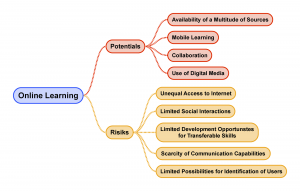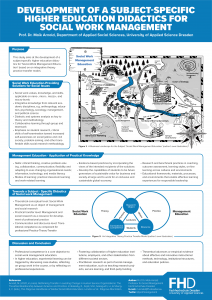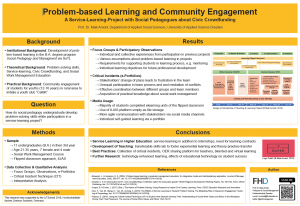How to bring your teaching online – Part 1: What is Online Learning?
This is part one of my series of how to explore opportunities for learning and teaching online. The aim of this series is to make you familiar with the basics, potentials and risks, interactive elements, and the strategies you can use to develop successfully blended learning environments. Not every student, teacher, academic is aware of the possibilities that were behind Online Learning. This series provides practical tips and takes you through the process of the development of online learning courses.














